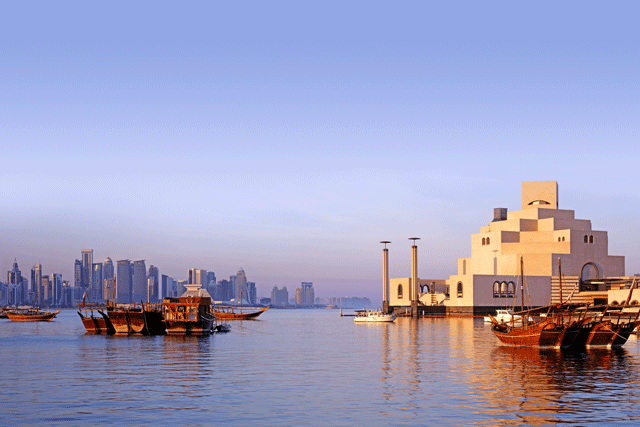There's an interesting book to be written (although not necessarily by me) about how much better off nations would be if they were run by the chief executives of their biggest national companies. The dysfunction of government would drive most company executives to distraction. Companies routinely cull, cut and re-organise their way to success with a free hand of which politicians can only dream.
The place I have visited that is run most like a company is Singapore. The Singaporeans approach their past as a butcher does a fresh joint of meat. Cut out and discard the bits that are of no use; keep the bits that have value. Don't let sentiment cloud your judgement. Hence their decision in the 1980s to demolish the old colonial-era library, a fine building of the Raffles school of architecture, to build a road tunnel through a hill. Libraries don't solve traffic jams.
Perhaps Hong Kong goes one better by calling its head of state the CEO of Hong Kong. In any event, it seems to work for them both, at least in the way they would define success.
At the other end of the scale is France. As de Gaulle famously said: "How can you govern a nation that has 258 different types of cheese?" Here tradition and heritage hold sway over pragmatism any day of the week. Consider this short paragraph from a French newspaper I stumbled across when I was there in March:
"Commenting on the proposal from the European Union to end the practice of regulating vineyard plantations from 2016 ... the President des Vins at Bergerac said: 'We are completely and utterly opposed to this measure introduced by bureaucrats in Brussels whose only objective is to introduce and deregulate a free market.'"
How much is building a national brand happy accident or deliberate design?
The question for us, of course, is: what do these public acts of governance do for the brand of the country in question? Or, put another way, how much is our opinion of nation states influenced by what we read and hear? And, as a secondary, and more interesting, point, how much is building a national brand happy accident or deliberate design.
Take the case of Qatar. It is a country that has three distinguishing features. First, it's proper hot. Not the sticky muggy hot of the tropics, or the mildly warm European warm heat of what the French call a canicule. Qatar is blast-furnace hot, where in the heat of the day, you feel the moisture evaporating in front of your dried-out eyeballs. Second, it has more natural gas reserves than anywhere else in the world. Lastly, it has a stable and far-sighted ruling elite, which has a plan.
Qatar has learned from every other newly enriched punter around the world, and resisted the temptation to blow its gas windfall on gold taps and snow-domes in the desert. Instead, it has steadily and cleverly built itself into a regional superpower over a decade or more.
First it created the TV station Al Jazeera, and freed us from having to endure David Frost (for which we should be grateful). Then it hosted the Doha round of trade talks, created a tennis tournament at which Tim Henman seemed to do well, brokered a peace agreement in Egypt, founded an airline that is the envy of the industry, bid for and won the football World Cup, and bought chunks of Sainsbury's, Barclays and other institutions.
Great, you might think. The actions of a nation-state lottery winner, albeit one with a social conscience and a modicum of taste, who likes sport.
But then last week, when I was trapped in the gaudy mousetrap that is Harrods (owned by the Qatari investment fund), and in my panic to find an exit (any exit will do, but please let me be free), I stumbled across the Qatar Culture Centre.
Here, laid out like a cross between a museum and a boutique, was the cultural backstory of Qatar, its civilisation dating back thousands of years. The story of scholars, libraries and other cultural progress, which puts all its modern achievements in the proper context; a once mighty civilisation restored to glory after a relatively brief interregnum. Once you've been round the exhibition, Qatar the brand is complete.
The question, of course, is accident or design? Even now, are there rows of marketers in Doha, sitting with their brand onions of Qatar, constantly monitoring spider charts and Millward Brown brand-tracking studies, to ensure that the brand is living up to its mission, vision and values?
Qatar is probably the best modern case study of how to brand your nation state, by using the principles of commercial marketing.
Some people I've spoken to have said yes, and others no. Whatever the truth, Qatar is probably the best modern case study of how to brand your nation state, by using the principles of commercial marketing.
In a world in which everyone with a mobile phone has become a social commentator, and brand opinions are formed, broken and reformed with the pulse of each tweet or post, you're going to read more about country brands than ever before.
How long will it be before the CEO of Hong Kong hires his first CMO, I wonder?


